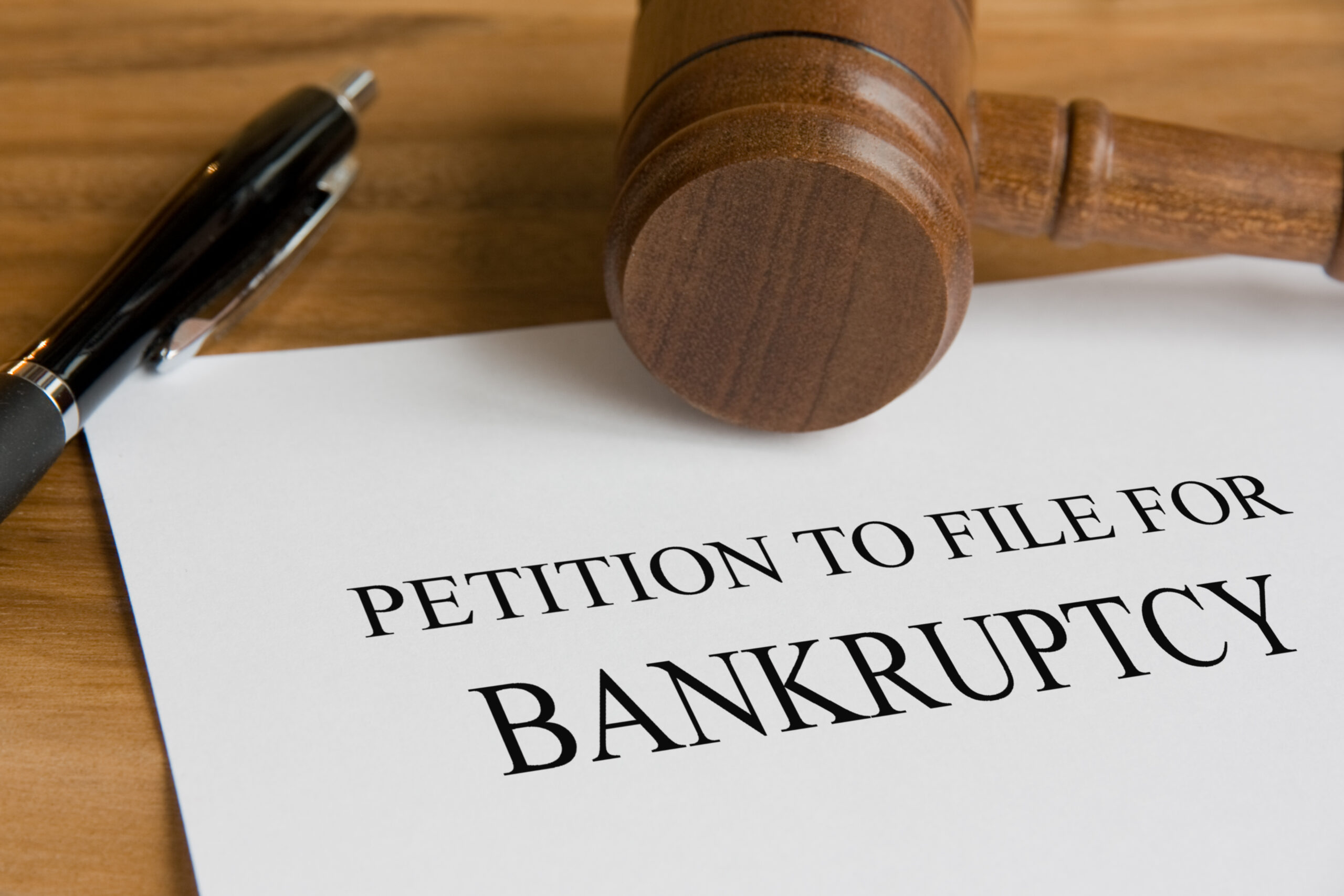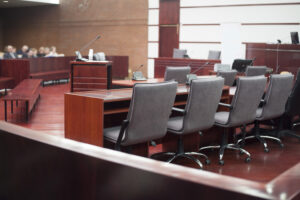Bankruptcy can affect many types of judgments against you, including ones for unpaid credit cards, a verdict from a car accident, or any other judgment you might face. You may be thinking about bankruptcy if your debts and a significant judgment are piling up against you. The bankruptcy process can force creditors to limit their collection efforts or help you consolidate your debt. Some bankruptcy filings can even protect you from litigation.
Understanding how bankruptcy can affect a judgment against you is complicated and depends greatly on your circumstances. Here, we explore some of the common ways bankruptcy can affect you.
Bankruptcy Can Stop Civil Lawsuits
If you file for bankruptcy, this will likely stop any pending or potential litigation against you. Most civil lawsuits are subject to an automatic stay once an individual files their bankruptcy case under the Bankruptcy Code in 11 U.S. Code Section 362. This halts most civil lawsuits you could face and creates an injunction against your creditors from continuing their collection activities. This can include any attempts to collect a judgment through garnishment, wage assignments, and other techniques.
The purpose of the automatic stay is to give the bankruptcy court time to review your case and your assets. Generally, the court will attempt to fairly divide your assets among your creditors, depending on several legal factors. It is also designed to prevent a windfall to one creditor while others are unable to collect. How this works in your case is highly fact-dependent and is best reviewed with a licensed attorney.
Common Lawsuits Bankruptcy Can Stop
Bankruptcy typically stays lawsuits designed to collect on a debt or judgment. It does not necessarily stay cases in which your liability is yet to be determined. For example, if you were in a car accident, but the case has not yet been decided, bankruptcy might not stop the case. If you ultimately receive a judgment against you, the bankruptcy proceedings may stop any collection efforts for a time.
Other common lawsuits that bankruptcy may stop or pause include:
- Home foreclosures
- Unpaid credit card balance cases
- Financial disputes among partners or businesses
- Compensation collection in a personal injury lawsuit
- Collection of any deficiency balance
- Breach of contract cases
Every case is different, and bankruptcy will affect them all in different ways. A skilled attorney can advise you on how it will specifically affect your case.
Understanding Lawsuit Judgments
A lawsuit judgment is a final determination of what you owe. It is a court order that determines you are liable for a particular debt. A judgment is a legally enforceable instrument that creditors will use to collect on your debts. Imagine you were in a truck accident in which you ran a red light. After the trial, the jury found that you owed the plaintiff $30,000. A civil judgment empowers the plaintiff to collect on that $30,000 debt.
Bankruptcy does not necessarily get rid of a judgment against you, but it will likely pause its collection at the very least. We address some key areas to help you understand these complex issues:
Can Creditors Collect on a Debt Without a Judgment?
Many creditors cannot collect a debt without some type of judgment. Many consumer debts such as credit card balances, personal loans, and others are unsecured debt. This means that there is no collateral the creditor can take if you fail to pay. Most unsecured creditors can also not place a lien on your property, with some notable exceptions, such as the Internal Revenue Service (IRS).
This is not to say you will not owe the debt. Your creditors may obtain judgments in several ways, potentially during bankruptcy proceedings as well. They may take you to court to prove you owe the debt and win a judgment they can use.
How Does a Creditor Use a Judgment To Collect a Debt?
Once a creditor has a judgment against you, they may employ several different tactics to collect a debt, including:
- Garnishment of your wages
- Placing a lien on your property
- Repossession of collateral, such as a car
- Foreclosure of your home
- Negotiated repayment plans
These and other tactics may be affected by your bankruptcy filing, but not in every situation. Your attorney can explain how this applies to your case.
Bankruptcy and Legal Judgments
Bankruptcy can eliminate, discharge, or reduce many consumer debts and judgments. This can include many types of debts, including personal injury judgments. In Chapter 7 bankruptcy, most judgments are discharged at the completion of the bankruptcy. This occurs after the debtor forfeits many of their assets, unless those assets are exempt from forfeiture. Exempt items can include your primary motor vehicle or your personal residence.
In Chapter 13 bankruptcy, judgments and other debts are usually discharged after you complete the bankruptcy court’s repayment plan. It permits those with a regular income to repay their debts over time and in a structured manner.
Bankruptcy may discharge you from personal liabilities to creditors, but this will depend greatly on your particular situation.
Nondischargeable Debts
Some debts and judgments are nondischargeable. This means that you cannot eliminate these debts, even in bankruptcy. Bankruptcy may prevent the imposition of further nondischargeable debts, but it will not help with those already imposed in most situations.
Nondischargeable debts often include:
- Student loans
- Child support obligations
- Spousal support obligations
- Debts owed to the government
Certain types of lawsuit judgments are also nondischargeable, including cases of fraud and malicious acts. For example, a person who intentionally runs over another person with a car will likely be unable to discharge a judgment against them in that case.
Bankruptcy Can Help Protect You From Legal Judgments
Bankruptcy can be a powerful tool to help you discharge a legal judgment. How it will affect you depends on your individual situation and the type of judgment against you.
Sources









